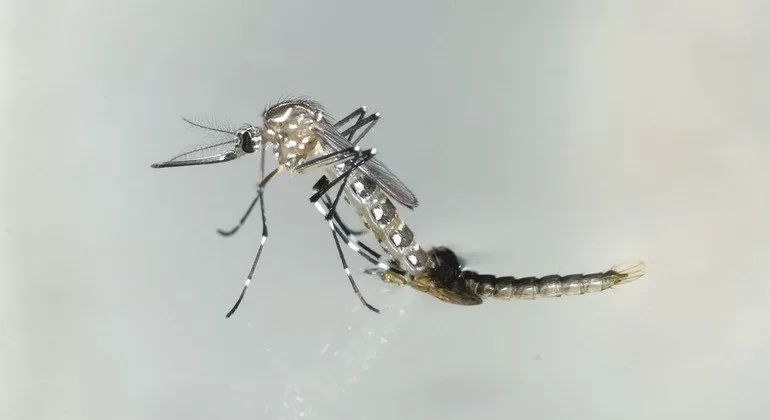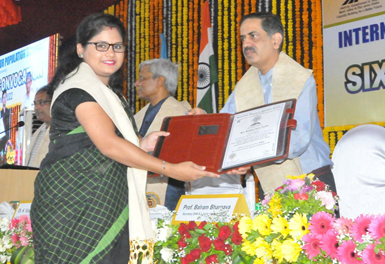The monsoon season has brought much-needed relief from the intense heat, but it has also led to a sharp increase in dengue cases across several parts of the country. States including Karnataka, Kerala, Telangana, Andhra Pradesh, Odisha, and Maharashtra have reported a significant rise in dengue infections, prompting doctors to advise caution and stress the importance of early detection for better outcomes.
Dengue, a vector-borne disease, is transmitted by the bite of an infected mosquito. These mosquitoes thrive in warm and humid environments, making dengue a common issue in over 100 countries. During this monsoon season, the risk is particularly high.
“Children are at a higher risk of getting dengue fever, with presentations differing from previous years. Typically, dengue presents as a brief febrile illness accompanied by vomiting, abdominal pain, decreased appetite, and generalized muscle pain. However, this season, children with atypical upper respiratory infections and gastroenteritis are also testing positive for dengue,” said Dr. Santosh Kumar, Senior Consultant and Lead – Pediatrics & Neonatology at Motherhood Hospitals in Banashankari, Bengaluru.
Karnataka has reported 5,374 dengue cases and five deaths. Telangana has seen 882 cases, while Andhra Pradesh has reported cases of both dengue and malaria. Odisha has recorded 288 cases, and Ernakulam in Kerala has seen 400 cases.
Early symptoms of dengue include high fever, severe headache, muscle and joint pain, and rash. While dengue fever is generally a self-limiting disease, it can progress to severe dengue, also known as dengue hemorrhagic fever or dengue shock syndrome, which requires immediate medical attention. Symptoms of severe dengue include persistent vomiting, abdominal pain, mucosal bleeding, and signs of circulatory failure.
“Early diagnosis is crucial as it allows for timely administration of medications to alleviate symptoms, improving the patient’s comfort and quality of life during the illness,” said Dr. Aravinda S N, Lead Consultant – Internal Medicine at Aster RV Hospital, Bengaluru. “Additionally, early diagnosis helps prevent the spread of the dengue virus to others by isolating infected individuals early in the course of the illness, thereby breaking the cycle of transmission in the community.”
Doctors are advising the public to maintain adequate hydration levels due to the fluid loss from fever, vomiting, and diarrhea, which can lead to dehydration and electrolyte imbalances. Preventive measures such as avoiding standing water where mosquitoes breed, using mosquito repellents, and wearing protective clothing are also recommended to reduce the risk of dengue.
As the monsoon season continues, it is essential for individuals to remain vigilant and take preventive measures to protect themselves and their families from dengue. Early detection and treatment are key to managing the disease and preventing severe complications.











